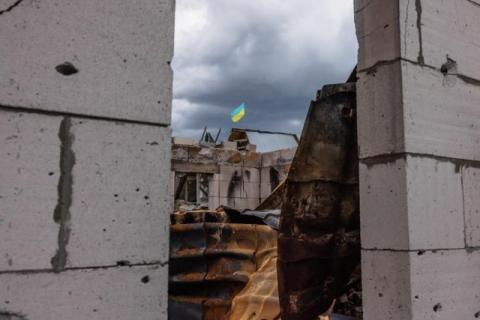Ukraine is just the beginning? Check out the Balkans and guess who's next

The sufferings of the USSR empire continue thirty years after the USSR itself ceased to exist. And, as stated, it will not be the last.
The end of the Cold War killed the Soviet Union, which first lost its parts in Eastern Europe and then disintegrated into 15 independent states.
Since the Soviet Union was governed very brutally, its disintegration was particularly messy, comments the same source.
The end of the Soviet state removed the restrictions that suppressed ethnic tensions and national rivalries among the constituent parts of the empire, giving birth to new, politically unstable states. This accelerated the constant struggle between the country that dominated the empire, Russia, and the countries and peoples who wanted to escape from the hands of Moscow after the collapse of the empire.
The result was what scholars have called the "Soviet Succession Wars"—a series of bloody conflicts over disputed territories from Eastern Europe to Central Asia. During the 1990s, wars rocked Nagorno-Karabakh, Transnistria, Chechnya, Abkhazia, South Ossetia and Tajikistan, often drawing neighboring states and international peacekeepers into conflict.
The death of the Soviet Union is still destabilizing factor
Whenever the Russia-Ukraine conflict ends, the dividing line between the two armies may simply become another disputed post-Soviet border, where frequent tensions cause occasional violence. Regardless of whether Russia wins or loses, the outcome will change the balance of power within the former Soviet Union, perhaps causing a re-intensification of old disputes with Moldova, Georgia or other states.
The potential for violence in Central Asia remains high, as demonstrated by the anti-government insurgency in Kazakhstan,...
- Log in to post comments










